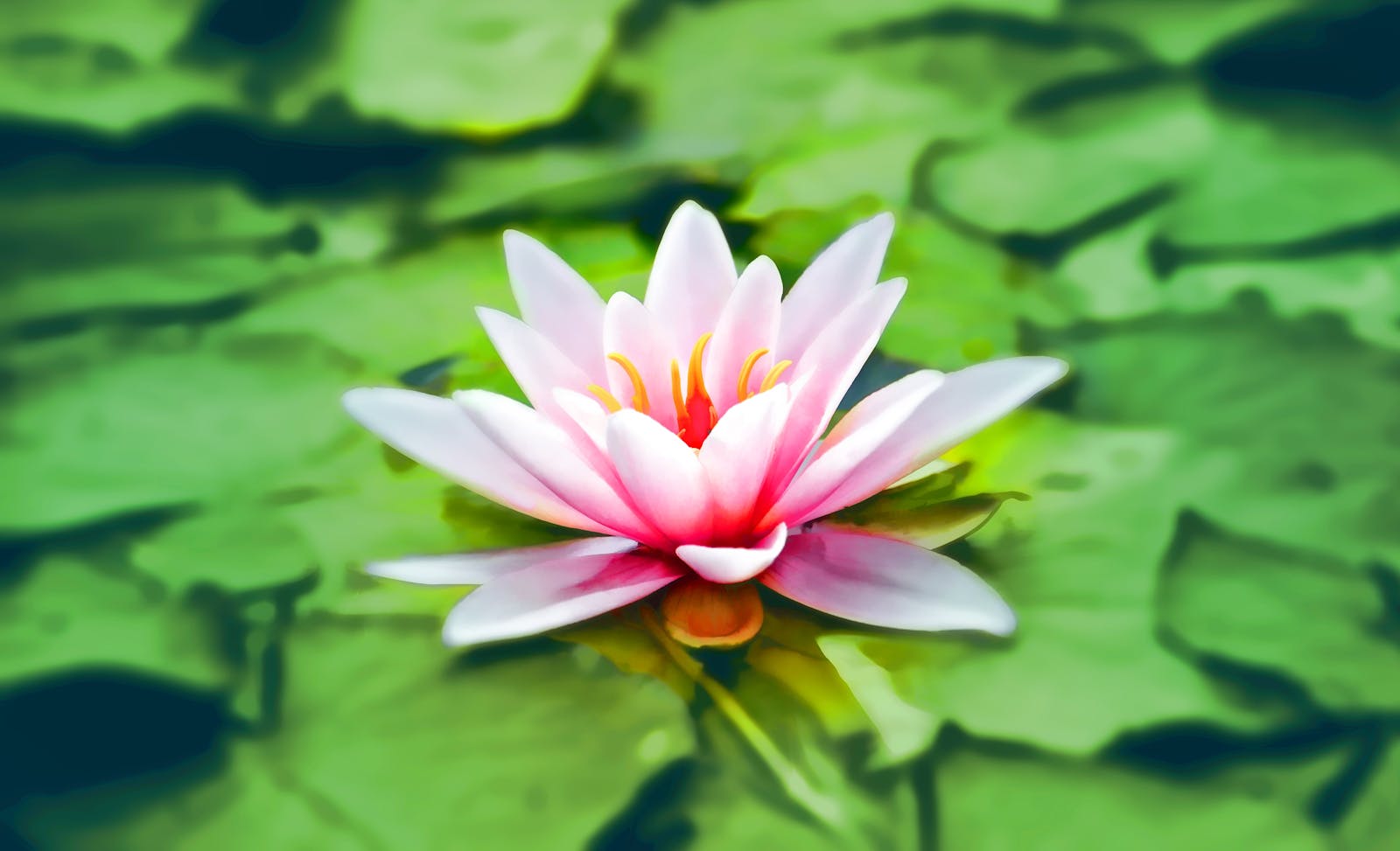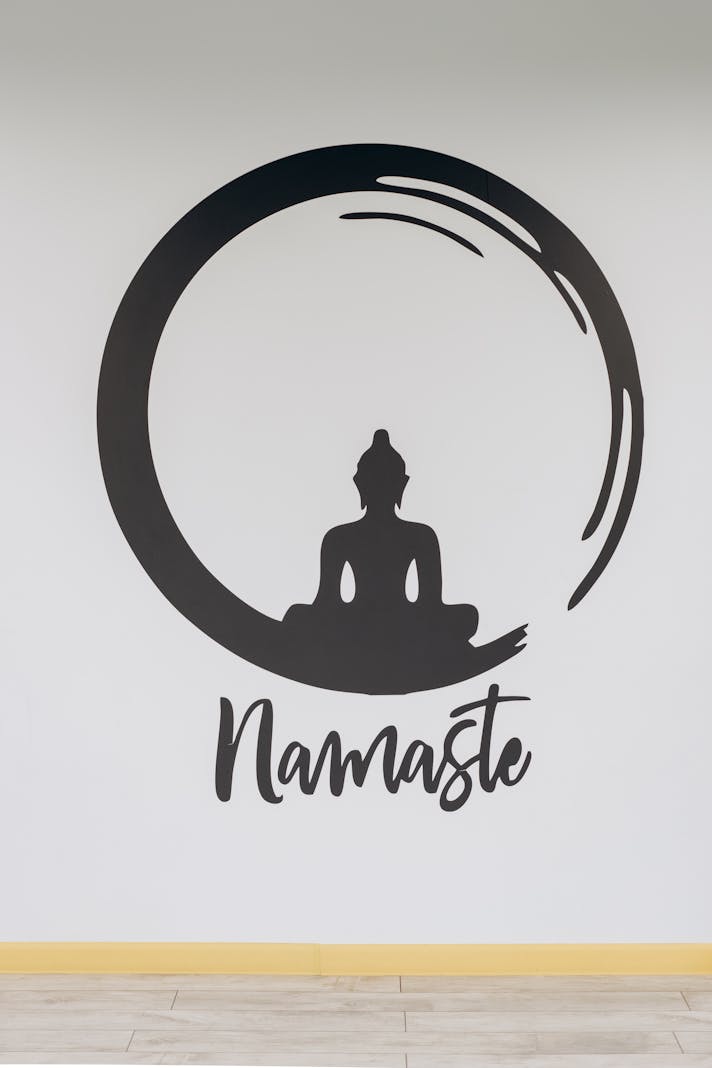Lokah Samasthah Sukhino Bhavantu

In this time of chaos and sorrow, it’s good for us to focus on service rather than on our own personal problems. Considering that we’re quarantined and largely housebound, this seems like a tall order. We need to remember, however, that we have the power to change the world, simply by changing ourselves, using a process called meditation. Within that concept lies the idea of mantra, where we repeat a word or phrase, often in Sanskrit or Pali, that helps us to align with a reality we’d like to create. One of the most influential mantras is especially appropriate for us living in the Coronavoid:
Lokah Samasthah Sukhino Bhavantu
In Sanskrit, the word lokah means ‘world’. Samasthah refers to all living beings, including plants, animals, and human. Sukhino is related to the phrase sukha, meaning ‘freedom from suffering,’. Lastly, bhavantu is a blanket term not unlike ‘amen’, which implies a pledge or intention to connect with the Divine. The entire phrase, roughly translated, means the following:
May all beings everywhere enjoy lives of good fortune without restriction. May I have the ability to contribute to this state of being, and may my actions and thoughts help to bring about a better world.
Think about what this means. Isn’t this what we’re trying to do by staying inside and socially isolating? By helping to prevent the spread of coronavirus and other plagues, we are acting to improve the lives of all who live around us, and, by extension, the entire world. We are ‘isolated yet together.’ We act today to help usher in a freer tomorrow.
When we chant this mantra, we can further its impact by visualizing the people we want to influence. Consider sending these words to the doctors, nurses, and other vital staff at your local hospital. Think about dispatching these wishes to grocery store workers and others who don’t have the luxury of being able to self-quarantine. Ponder the impact of this phrase on government officials taxed with the paradox of trying to save both citizens and the economy. In addition, focus on sending these words to yourself; as a person traumatized by an emergency, you too deserve love and healing.
It’s considered de rigeur to meditate in a seated position with a straight back, but it’s also possible to recite a mantra while completing other tasks, perhaps while doing the laundry? Perhaps as part of your yoga practice? Or maybe interchangeably with namaste?
Perhaps each of us could take some time today to practice this mantra. If you want someone to lead you in kirtan, check out Sean Johnson and the Wild Lotus Band’s version on YouTube; it’s beautifully melodic and accessible to those without a Sanskrit background. Or try an Internet search to find an alternate version. However you choose to proceed, know that you will be making a difference in the world.
Disclaimer; I am not associated with Sean Johnson and the Wild Lotus Band (although I wish I were!)
Lokah Samasthah Sukhino Bhavantu
In Sanskrit, the word lokah means ‘world’. Samasthah refers to all living beings, including plants, animals, and human. Sukhino is related to the phrase sukha, meaning ‘freedom from suffering,’. Lastly, bhavantu is a blanket term not unlike ‘amen’, which implies a pledge or intention to connect with the Divine. The entire phrase, roughly translated, means the following:
May all beings everywhere enjoy lives of good fortune without restriction. May I have the ability to contribute to this state of being, and may my actions and thoughts help to bring about a better world.
Think about what this means. Isn’t this what we’re trying to do by staying inside and socially isolating? By helping to prevent the spread of coronavirus and other plagues, we are acting to improve the lives of all who live around us, and, by extension, the entire world. We are ‘isolated yet together.’ We act today to help usher in a freer tomorrow.
When we chant this mantra, we can further its impact by visualizing the people we want to influence. Consider sending these words to the doctors, nurses, and other vital staff at your local hospital. Think about dispatching these wishes to grocery store workers and others who don’t have the luxury of being able to self-quarantine. Ponder the impact of this phrase on government officials taxed with the paradox of trying to save both citizens and the economy. In addition, focus on sending these words to yourself; as a person traumatized by an emergency, you too deserve love and healing.
It’s considered de rigeur to meditate in a seated position with a straight back, but it’s also possible to recite a mantra while completing other tasks, perhaps while doing the laundry? Perhaps as part of your yoga practice? Or maybe interchangeably with namaste?
Perhaps each of us could take some time today to practice this mantra. If you want someone to lead you in kirtan, check out Sean Johnson and the Wild Lotus Band’s version on YouTube; it’s beautifully melodic and accessible to those without a Sanskrit background. Or try an Internet search to find an alternate version. However you choose to proceed, know that you will be making a difference in the world.
Disclaimer; I am not associated with Sean Johnson and the Wild Lotus Band (although I wish I were!)

Related Articles
Editor's Picks Articles
Top Ten Articles
Previous Features
Site Map
Content copyright © 2023 by Korie Beth Brown. All rights reserved.
This content was written by Korie Beth Brown. If you wish to use this content in any manner, you need written permission. Contact Korie Beth Brown for details.







